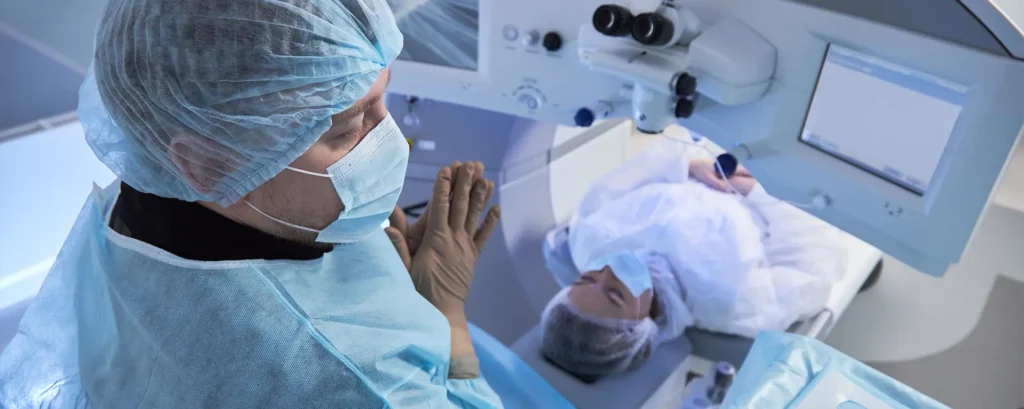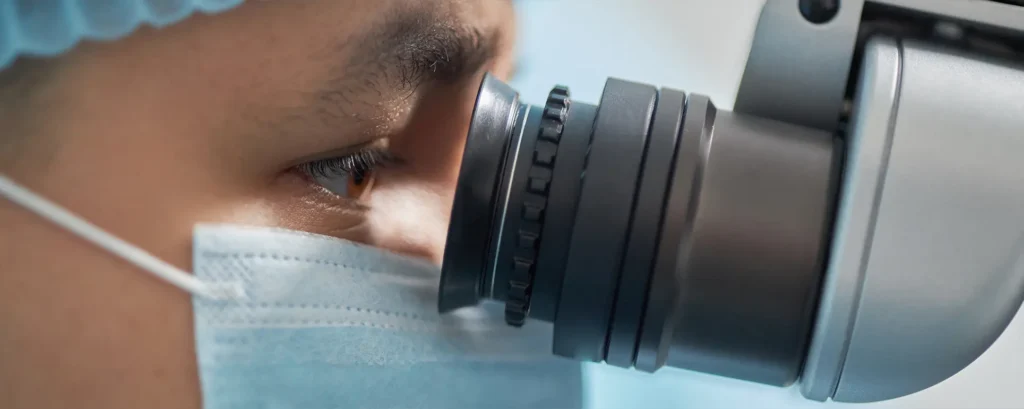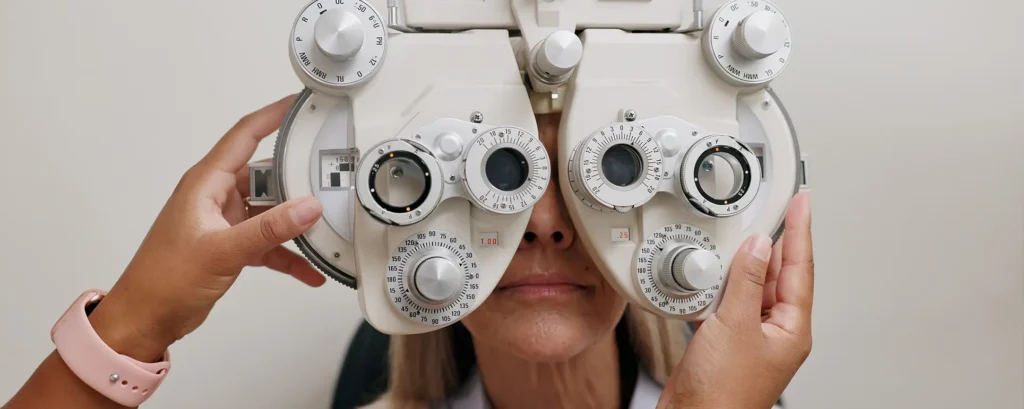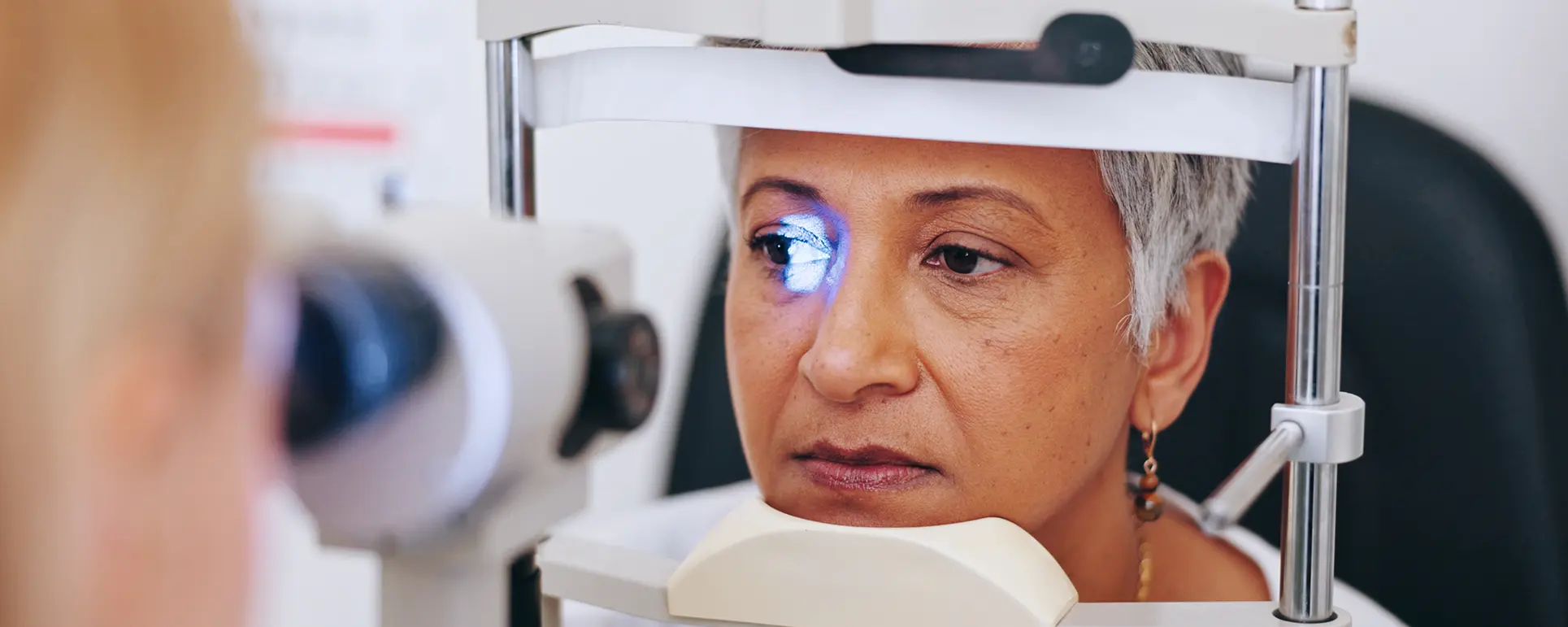If you’re taking clopidogrel and planning cataract surgery, you’re probably wondering what that means for your procedure and recovery. You’re not alone. Many people take clopidogrel (also known by the brand name Plavix) after heart attacks, strokes, or having a stent fitted. It’s a vital medication—but it also makes your blood less likely to clot, which can raise questions about safety during surgery.
In this article, we’ll walk you through how cataract surgeons assess the situation when someone is on clopidogrel, whether or not it’s usually stopped, what risks are considered, and how they keep your eye—and overall health—safe before, during, and after surgery.
Understanding Clopidogrel: Why You’re Taking It
Clopidogrel is part of a group of medications called antiplatelets. It stops platelets in your blood from sticking together and forming clots. This can reduce the risk of heart attacks, strokes, and complications from certain cardiovascular procedures.
If you’ve had a coronary stent inserted, or if you’ve had a transient ischaemic attack (TIA) or stroke, your doctor may have prescribed clopidogrel as part of your long-term management. Some people are also given it after peripheral vascular procedures.
The key point? Clopidogrel is usually part of a life-saving treatment plan. That’s why deciding whether to pause it for surgery requires very careful consideration.
Does Cataract Surgery Increase Bleeding Risk If You’re on Clopidogrel?

Cataract surgery is generally considered a low-risk procedure in terms of bleeding. That said, any surgery on the eye comes with some potential for bleeding complications—especially if you’re taking something that interferes with normal clotting.
The most common surgical approach for cataracts today is phacoemulsification, which involves tiny incisions and very minimal trauma to surrounding tissues. Bleeding is rare, even for patients on clopidogrel. However, certain factors, such as a history of trauma, previous complicated eye surgery, or other eye conditions, might increase the risk.
This is why every surgical plan is tailored to you. Your surgeon doesn’t just look at your eyes—they take a full history, including your medications, cardiovascular history, and bleeding risk profile.
How Surgeons Assess Risk When You’re on Clopidogrel
Before your cataract surgery goes ahead, your eye surgeon carries out a full risk assessment—not just of your eyes, but of your overall health. This includes checking how long you’ve been on clopidogrel, what it was prescribed for, whether you’re also taking other antiplatelet or anticoagulant medications, and how stable your heart or vascular condition is. Recent stent placement, for instance, typically requires a full year of uninterrupted clopidogrel use. But if your last cardiac event was several years ago, there may be more flexibility. Your surgeon will also evaluate the state of your cataract: is it routine, or is there added complexity such as a small pupil, pseudoexfoliation, or previous eye trauma that could increase bleeding risk? All these factors are considered together before a decision is made.
In addition, the surgeon may order blood tests—though this isn’t always necessary—to rule out any underlying clotting abnormalities or anaemia. They’ll also work with your GP or cardiologist to get a clear picture of your cardiovascular history. Some hospitals and clinics use risk-scoring tools or internal protocols to guide these decisions, ensuring a consistent and safe approach. If anything looks concerning, your surgery might be scheduled in a hospital with an on-site anaesthetic team and advanced support just in case. All of this background preparation means that when you finally arrive for your cataract procedure, everything is already in place to keep you safe.
Should You Stop Taking Clopidogrel Before Cataract Surgery?
This is one of the most important and individualised decisions made before surgery. In most cases, patients are advised to continue clopidogrel during cataract surgery. The reason is that stopping it can increase the risk of serious cardiovascular events like heart attacks or strokes—especially if you’ve had a recent stent placed.
Many cataract surgeons, working closely with cardiologists and GPs, will proceed with the surgery while you’re still taking the medication. The key is using techniques that minimise any bleeding and preparing for any small bleeds that may occur.
However, if you’re also taking aspirin or another blood thinner alongside clopidogrel, the risks might be higher. Your medical team will weigh up these risks carefully before making a final call.
What Your Surgeon Does Differently if You’re on Clopidogrel

Knowing you’re on clopidogrel doesn’t change the fact that cataract surgery is highly successful and safe. But your surgeon will take a few extra precautions. They may use slightly different instruments or adjust the anaesthesia method (for example, using topical drops instead of an injection near the eye).
They’ll also take care to minimise pressure during surgery, choose incision sites that reduce bleeding, and be prepared with haemostatic tools or medication in case of minor bleeding. If there’s any concern, surgery may be performed in a hospital setting rather than a standalone clinic, so advanced care is immediately available if needed.
In other words, your surgeon is already ahead of the game.
Anaesthesia Considerations When You’re on Clopidogrel
Cataract surgery can be performed under topical anaesthesia, sub-Tenon’s block, or peribulbar block. For patients on clopidogrel, some surgeons prefer topical anaesthetic drops because they avoid needle-based approaches that carry a slightly higher bleeding risk.
If an injection is needed—for example, to calm a very anxious patient or reduce eye movement—the risk is still low, but it’s acknowledged and managed carefully. In most cases, your anaesthetist and surgeon will review the safest option based on your overall health and comfort needs.
It’s a good idea to bring your full medication list to your pre-op assessment so the team can prepare accordingly.
Do Blood Thinners Like Clopidogrel Affect the Lens Choice?
A common question is whether being on clopidogrel affects the type of intraocular lens (IOL) you’re offered during cataract surgery. The short answer is no—your IOL choice is usually based on your lifestyle needs and the health of your eye, not your medication list. Whether you’re looking at a standard monofocal lens or considering premium options like toric or multifocal lenses, your use of clopidogrel won’t limit what’s available. The exception would be if you had another condition—like severe macular degeneration or optic nerve damage—that made certain lenses less suitable, but that has more to do with the retina than your blood thinners.
However, what might change slightly is the surgical plan around implanting that lens. For example, if your pupil is small or floppy due to other medications (like tamsulosin) or conditions, the surgeon may need to use additional devices to stabilise the lens or iris. These steps are entirely manageable but may add time and require even more surgical precision—another reason why it’s important that your surgeon knows your full medical background. At the end of the day, your visual goals still guide the lens choice, and clopidogrel is simply one of the many factors carefully managed behind the scenes.
Postoperative Recovery: What to Expect

If you’re on clopidogrel, your recovery will likely be very similar to anyone else’s. You’ll still use the same antibiotic and anti-inflammatory eye drops. You’ll still have the same follow-up visits. And your visual outcomes can be just as good.
What might differ is the care taken to monitor for any signs of minor bleeding in the early recovery period. If there is any blood seen in the front of the eye (a condition called hyphema), it’s usually mild and resolves on its own, but your surgeon will guide you on what to look out for.
You may also be advised to avoid rubbing the eye, lifting heavy objects, or bending excessively for a bit longer, just to keep everything healing smoothly.
Working with Your Cardiologist or GP
Any decision about clopidogrel should involve your wider medical team. Your ophthalmologist may write to your GP or cardiologist to confirm whether the medication should continue, pause, or be substituted with another drug.
If you’ve had a stent fitted within the last year, stopping clopidogrel—even briefly—can be dangerous. That’s why your surgeon might delay surgery if your heart condition is too recent or unstable. It’s not about being cautious for the sake of it—it’s about making sure everything lines up for a safe outcome.
The best cataract centres, like London Cataract Centre, always take this kind of team-based approach.
Alternatives If Surgery Needs to Be Delayed
In rare cases where your surgeon and cardiologist agree that it’s not safe to operate while you’re on clopidogrel, you may be asked to wait a few months. During that time, your vision can be monitored, and you’ll be advised on what symptoms to watch for, such as glare, night driving difficulty, or sudden visual changes.
Some patients may be suitable for alternative medications, short bridging strategies, or staged adjustments under supervision. This depends entirely on your heart health, your eye health, and how urgently the surgery is needed.
Remember—waiting doesn’t mean neglect. It means planning things at the safest time.
When Cataract Surgery Can’t Wait
Sometimes, cataract surgery needs to go ahead despite clopidogrel—for example, if the cataract is interfering with retina scans, affecting glaucoma monitoring, or causing disabling vision loss.
In these cases, surgeons proceed with extreme caution but don’t necessarily pause the medication. Hospital-based surgery, a more experienced team, and precise microsurgical technique all help reduce any risk.
The reality is that cataract surgery—even in patients on blood thinners—has become incredibly refined. With the right planning, you can still enjoy safe, effective vision improvement.
FAQ: Clopidogrel and Cataract Surgery
- Can I have cataract surgery while taking clopidogrel?
Yes, it’s generally safe to have cataract surgery while continuing clopidogrel, and many patients do so without issues. Surgeons are well-versed in adapting the surgical approach to accommodate blood thinners, particularly for low-bleed procedures like cataract removal. The priority is always to avoid unnecessary interruption to your cardiovascular treatment while still ensuring the operation goes smoothly. - Will I need to stop clopidogrel before my surgery?
In most cases, stopping clopidogrel is not required. Since this medication helps prevent serious problems like strokes or heart attacks, your ophthalmologist will usually prefer to keep you on it and simply adjust the surgical technique accordingly. The decision is made in consultation with your GP or cardiologist to ensure your heart health isn’t compromised. - Is there more bleeding during cataract surgery if I’m on clopidogrel?
While clopidogrel can increase the tendency to bleed, cataract surgery itself typically involves very little bleeding. The procedure is done through small incisions and is minimally invasive. Surgeons take specific precautions to manage any potential bleeding risk, and complications from clopidogrel use during eye surgery are rare. - What if I’m on aspirin as well as clopidogrel?
Being on both aspirin and clopidogrel—commonly called dual antiplatelet therapy—does raise the bleeding risk slightly more. However, this doesn’t automatically mean your surgery can’t go ahead. Your eye surgeon will usually contact your cardiologist to determine if adjustments or extra precautions are necessary based on your specific cardiac history and current stability. - Can I have anaesthetic injections near my eye if I’m on clopidogrel?
Anaesthetic injections near the eye, such as peribulbar or sub-Tenon’s blocks, can carry a very small bleeding risk in patients on clopidogrel. For this reason, many surgeons opt for topical anaesthetic drops instead, which avoid the need for needles entirely. If an injection is needed, it can still be done safely with close attention to technique and patient-specific risk. - Will my vision improve just as much as someone not on clopidogrel?
Yes, your final vision result after cataract surgery should be just as successful as it would be for someone not taking clopidogrel, provided there are no other eye conditions limiting your outcome. The medication doesn’t affect how well the new lens implant works or how clearly you’ll be able to see once healing is complete. - What complications should I watch for after surgery?
It’s important to look out for any signs of unexpected redness, increased discomfort, blurred vision, or blood collecting in the eye after surgery. While complications are rare, patients on blood thinners should report anything unusual to their clinic promptly, as early treatment can prevent further issues. Your post-op care team will also monitor you closely during follow-up. - Will being on clopidogrel delay my healing?
Not usually. Most people heal at the same rate regardless of whether they’re on clopidogrel or not. That said, your surgical team may keep a closer eye on you during the first week just to ensure there’s no minor bleeding or inflammation. As long as you follow your post-op instructions, recovery tends to be smooth. - How soon after a heart stent can I have cataract surgery?
Most surgeons prefer to wait at least six months to one year after stent placement before scheduling elective surgery like cataract removal. This waiting period allows your heart to stabilise and ensures you’re no longer in the highest-risk window for complications. Always check with your cardiologist before planning surgery. - Should I tell my surgeon about all my medications, not just clopidogrel?
Yes, always provide a full list of all medications, including over-the-counter drugs, supplements, and herbal remedies. Even medications that seem unrelated can affect anaesthesia choices, bleeding risk, or post-op healing. A clear and accurate list allows your team to plan the safest possible procedure for you.
Final Thoughts: You’re Not the First
Thousands of people have cataract surgery every year while taking clopidogrel. You’re not alone, and your surgeon is used to managing this exact scenario. The key is open communication, careful coordination with your other doctors, and sticking closely to your pre- and post-op instructions.
If you’re unsure about anything, ask. No question is too small when it comes to your eyes—and your heart.
For expert guidance tailored to your situation, you can always reach out to the team at London Cataract Centre.

